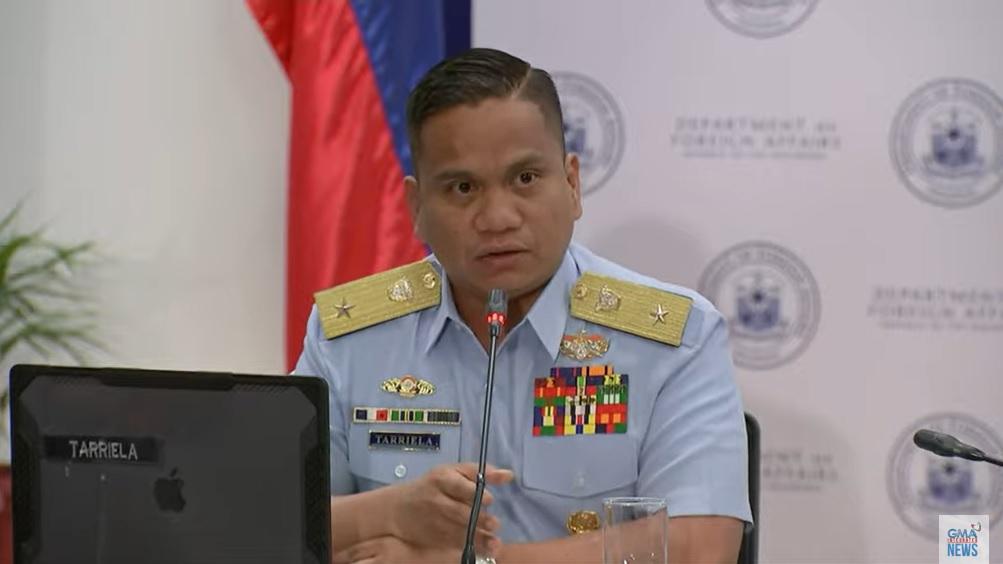Coast Guard, BFAR to intensify presence in Bajo de Masinloc — PCG's Tarriela

The Philippine Coast Guard (PCG) and Bureau of Fisheries and Aquatic Resources (BFAR) will boost its presence in Bajo de Masinloc to ensure that Filipino fishers can still fish in the area despite China’s unilateral fishing ban over the South China Sea, a Coast Guard official said Wednesday.
“Ang atin pong commandant ng PCG, Admiral Ronnie Gil Gavan, has expressed our commitment to President Ferdinand Marcos Jr. and the National Task Force WPS na mas paiigtingin pa po ng PCG ang ating presensya in Bajo de Masinloc,” PCG spokesperson for WPS Commodore Jay Tarriela said in a Bagong Pilipinas Ngayon interview.
(Our PCG commandant Admiral Ronnie Gil Gavan has expressed our commitment to President Ferdinand Marcos Jr. and the National Task Force WPS that the PCG will further strengthen its presence in Bajo de Masinloc.)
“We are going to intensify our presence in collaboration with deployment of the BFAR,” he added.
Since February this year, the PCG and BFAR have been rotating the deployment of vessels at Bajo de Masinloc, which is also called Scarborough Shoal or Panatag Shoal.
On Monday, the Department of Foreign Affairs (DFA) said the Philippines protested China's fishing ban as it violated international law and undermined the country's sovereignty and maritime rights.
Manila said it does not recognize China’s May 1 to September 16 fishing moratorium as it included Manila's maritime zones over which the Philippines had sovereignty, sovereign rights, and jurisdiction.
"The Philippines called on China to cease and desist from the conduct of illegal actions that violate the Philippines' sovereignty, sovereign rights, and jurisdiction in its maritime zones," the DFA said in a statement.
It also urged China to "comply with its obligations under international law, particularly the 1982 UNCLOS and the final and binding 2016 Arbitral Award; and adhere to its commitments under the 2002 Declaration on the Conduct of Parties in the South China Sea."
China's fishing ban came a week after it announced that it would detain foreigners intruding into areas it claims in the SCS.
China claims almost the entire South China Sea, a conduit for more than $3 trillion in annual ship commerce. Its territorial claims overlap with those of the Philippines, Vietnam, Malaysia, and Brunei.
Manila calls parts of the waters within its exclusive economic zone as the West Philippine Sea.
In 2016, an international arbitration tribunal in the Hague ruled that China's claims over the South China Sea had no legal basis, a decision Beijing does not recognize. — RSJ, GMA Integrated News




